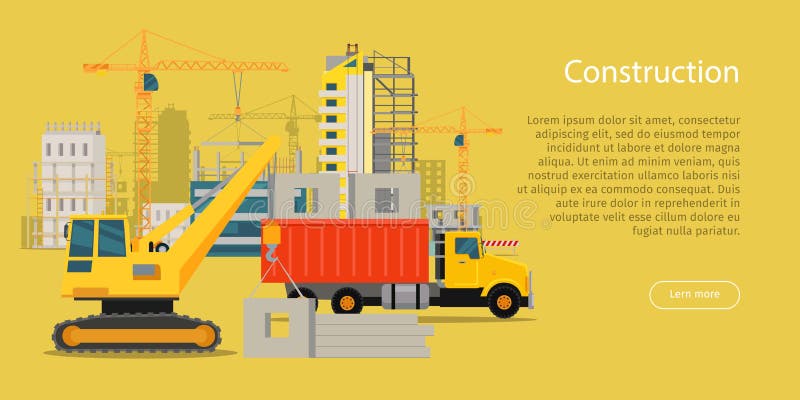


Each group identified some common strengths and challenges, which will be further analysed in the next stages of the project. In this regard, the partners held a workshop at the project's kick-off on social innovation to determine the role, interest and impact of the stakeholders involved in the project, for each building. This will allow the project to collect of information from diverse areas with multiple climatic conditions. This is achieved by digitalising buildings through IT and technology dataintegration systems, making them feasible and easily accessible to the occupants.Īs part of BuildON, the technology systems will be implemented in four different types of buildings located in five geographical areas with different climate conditions: two residential buildings in Valladolid (ES) and Helsinki (FI), a kindergarten in Gdynia (PL), an office building in Moret-Loing-etOrvanne (FR) and two commercial buildings (car dealerships) in Athens and Thessaloniki (GR). Smart buildings aim to improve energy performance for the benefit of building occupants, facility owners and managers, by reducing energy demand and adapting innovative technologies to a ready-to-use state. With a 20-strong consortium, the project will last three and a half years and is funded by the EU's Horizon Europe Programme. Its goal is to “build the next generation of smart buildings”. It focuses on smart buildings, in particular on the transition to decarbonisation and digitalisation of energy management systems. Last May, the BuildON project was launched. The new European-funded project BuildON is set to help decarbonise and digitalise energy management systems.


 0 kommentar(er)
0 kommentar(er)
